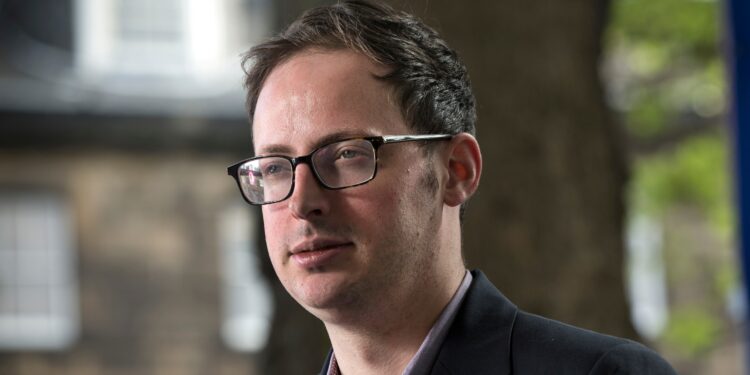Stats expert Nate Silver has joined the increasing number of individuals who have scrutinized Vice President Kamala Harris’ campaign advisors following their interview with Pod Save America earlier this week.
Silver took particular exception to the complaints from the team about Harris facing a “double standard” concerning the criticisms of her relatively few media appearances in contrast to President-elect Donald Trump.
During the show, campaign chair Jen O’Malley Dillon stated that Trump “faced no backlash” for participating in less traditional media compared to Harris, who, she bluntly claimed, “faced backlash.”
Senior advisor Stephanie Cutter echoed this sentiment by noting, “We received a lot of backlash for her insufficient media engagements.”
O’Malley Dillon further chimed in with, “Double standard.”
However, Silver, 46, didn’t accept this narrative. He pointed out that it was the Harris campaign that opted to minimize her traditional media interactions, which were strikingly missing during the first month and a half of her campaign.
“Harris didn’t conduct a solo network interview until late September,” he tweeted. “Which is whatever, fine, network appearances aren’t crucial. Then, she did a series toward the end of the campaign. But she genuinely wasn’t engaging in much traditional media. That was a decision made by the campaign, not some sort of conspiracy.”
Silver, who famously had his own misstep on Election Day by pulling his prediction model prior to the race conclusion, went on to make more personal critiques towards the Harris team.
“The Harris campaign members are the most non-agentic individuals I’ve come across in a position with equivalent decision-making power,” he remarked. “They don’t perceive themselves as victims so much as Non-Player Characters lacking any independent agency.”
This wasn’t Silver’s first critical comment regarding the podcast. Previously, he expressed confusion over Harris’ team attributing a hurricane to their challenges, as well as the abbreviated campaign period forced by President Joe Biden’s late summer exit from the race.
“The notion that the hurricane was a significant October surprise specifically detrimental to Harris is just odd,” Silver commented. “In comparison, NC/GA displayed even less vote fluctuation than other battleground states.”
Silver wasn’t alone in his criticism of the Harris advisers for their podcast appearance. Many took aim at advisor David Plouffe after he provided a short lecture on what Democrats should focus on moving forward.
“Looking ahead to ‘26 and ‘28, especially where we have observed a shift among non-college voters broadly, particularly those from communities of color, we certainly need to regain some ground there,” he said. “We cannot suffer any more losses in that demographic. The calculations just don’t f—ing add up.”
Numerous progressives found Plouffe’s analysis unwelcome so soon after his role in Harris’ unsuccessful campaign.
While it became a target of ridicule, the podcast did unveil several newsworthy bits of information that were previously unknown about the campaign. Notably, it was revealed that Harris’ internal polling never indicated she was ahead of Donald Trump in crucial states, and she had an invitation to appear on Hot Ones that was ultimately declined.


